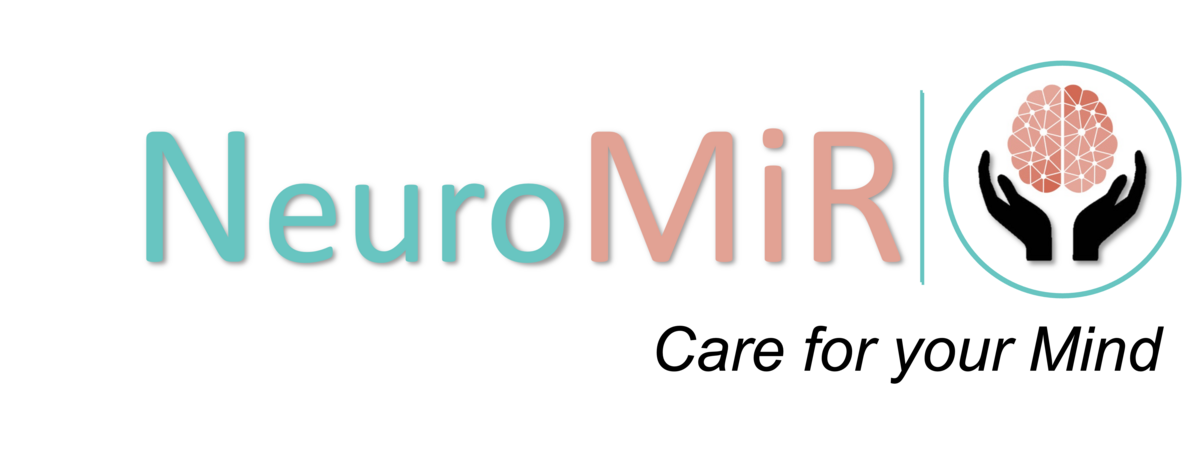
NeuroMiR - Tracking dementia in the blood
In modern society, the incidence of neurodegenerative diseases such as Alzheimer's and Parkinson's is steadily increasing. Emerging symptoms range from memory and movement disorders to the inability to lead a self-determined life. These changes place extraordinary burdens on both the patients themselves and their relatives. Until now, a reliable diagnosis has only been detectable after the onset of the disease. Early diagnosis with various parameters play a very important role to detect the disease as early as possible and to be able to influence its course at an early stage.
Recent scientific discoveries show great potential in the new biomarker class microRNA, which shows characteristic changes in patients even before the first symptoms appear. In medicine, biomarkers are measurable parameters of biological processes that have prognostic or diagnostic significance. Therefore, they can be used as indicators for diseases. The vision of the collaborative project NeuroMiR is the routine measurement of microRNAs in the blood of patients alongside conventional protein markers. For this purpose, a small blood sample should be sufficient instead of a time-consuming and risky extraction from the bone marrow. The collaborative project led by medical scientist and entrepreneur Prof. Dr. Dirk Roggenbuck is developing a platform based on videoscan technology that detects both protein and nucleic acid biomarkers simultaneously and highly sensitively. The biomarkers are bound from patient blood by specific antibodies or capture probes coupled to micrometer-sized polymer particles (beads). Embedded in a novel hydrogel, near-infrared (NIR) signals are generated on the bead by enzymatic reaction and detected by a NIR fluorescence microscope. Subsequently, the beads are further processed within the microfluidic chips to investigate multiple biomarkers simultaneously. The result is a highly sensitive bead-based multiparameter analysis that can be used for point-of-care diagnostics and is expandable to additional biomarkers in the future.
The regional focus of this cluster is in the Berlin/Brandenburg region including connections to Thuringia and Saxony. The Cluster partners include three research institutions: the Professorship of Immunotechnology at the University of Potsdam, the Brandenburg Technical University Cottbus-Senftenberg and the German Center for Neurodegenerative Diseases in Berlin, together with six small and medium-sized companies: GA Generic Assays GmbH, Medipan GmbH, Askion GmbH, BiFlow GmbH, PolyAn GmbH and new/era/mabs GmbH.
The project is one of 12 collaborative projects funded by the BMBF's RUBIN program for the promotion of regional small and medium-sized enterprises.
